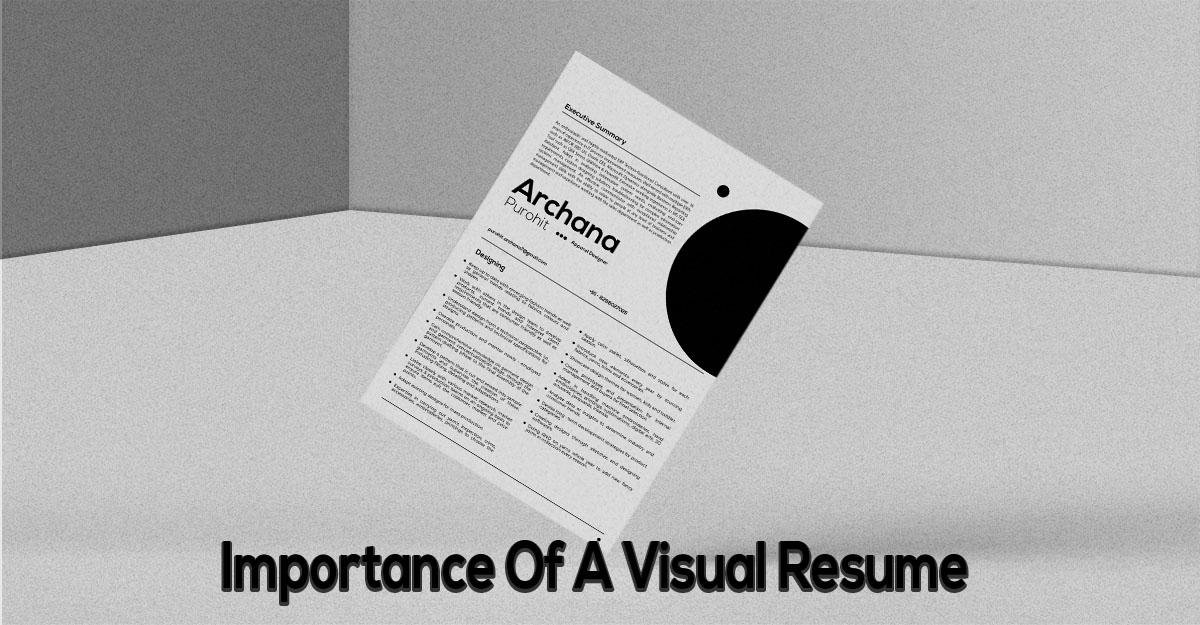The Power of Reflection in Career Decision-Making: Assessing Your Path

In the tumultuous landscape of career decision-making, individuals often find themselves at crossroads, grappling with choices that could potentially shape their professional trajectory. Whether you're a fresh graduate embarking on your maiden voyage into the job market or a seasoned professional contemplating a career shift, the power of reflection cannot be overstated. In this article, we delve into the significance of introspection and self-assessment in navigating the labyrinth of career choices.
The Importance of Reflection
At its core, reflection involves pausing amidst the hustle and bustle of daily life to ponder over one's experiences, aspirations, and goals. In the frenetic pace of modern society, where instant gratification reigns supreme, the art of introspection often takes a backseat. However, taking the time to reflect can yield invaluable insights into your professional journey.
Reflection empowers individuals to:
-
Evaluate Strengths and Weaknesses:
By introspecting, you gain a deeper understanding of your strengths, weaknesses, skills, and areas for improvement. This self-awareness is instrumental in making informed career decisions aligned with your abilities and aspirations. -
Clarify Goals and Priorities:
Delving into your aspirations and values helps crystallize your career goals and priorities. Whether you prioritize financial stability, personal fulfillment, or societal impact, reflection enables you to align your career path with your overarching objectives. -
Identify Passions and Interests:
Many individuals embark on career paths that are incongruent with their passions and interests, leading to dissatisfaction and burnout. Reflection facilitates the discovery of your true passions and interests, steering you towards a career path that resonates with your authentic self.
Techniques for Effective Reflection
While the concept of reflection may seem straightforward, implementing it effectively requires deliberate practice and intentionality. Here are some techniques to enhance your reflective practice:
-
Journaling:
Maintaining a reflective journal allows you to document your thoughts, experiences, and insights. Set aside dedicated time each day or week to jot down your reflections, observations, and goals. Over time, reviewing your journal entries can provide valuable perspective on your professional journey. -
Meditation and Mindfulness:
Incorporating mindfulness practices such as meditation into your daily routine can foster clarity and introspection. Carve out a few minutes each day to sit in quiet contemplation, focusing on your breath and observing your thoughts without judgment. This practice can enhance self-awareness and emotional resilience, enabling you to navigate career decisions with greater clarity. -
Seeking Feedback:
Soliciting feedback from mentors, peers, and colleagues can offer fresh perspectives and insights into your strengths and areas for growth. Constructive feedback serves as a mirror, reflecting aspects of yourself that may not be immediately apparent. Embrace feedback as a catalyst for growth and self-improvement.
Applying Reflection to Career Decisions
Armed with a deeper understanding of yourself and your aspirations, it's time to apply the power of reflection to your career decisions. Here are some practical steps to guide you along the way:
-
Self-Assessment:
Begin by conducting a comprehensive self-assessment, evaluating your skills, interests, values, and career goals. Reflect on past experiences – both successes and setbacks – to discern patterns and insights that can inform your future decisions. -
Research and Exploration:
Take the time to research various career paths, industries, and job opportunities that align with your interests and goals. Leverage informational interviews, networking events, and online resources to gain insights into different professions and organizational cultures. -
Decision-Making Framework:
Develop a decision-making framework that incorporates your reflections, priorities, and evaluation criteria. Consider factors such as job satisfaction, work-life balance, growth opportunities, and alignment with your values. Consult with trusted advisors or career counselors to gain perspective and validate your decisions. -
Iterative Process:
Recognize that career decisions are rarely static and linear; they often require iteration and adaptation over time. Embrace the iterative nature of the decision-making process, remaining open to new opportunities and experiences that may arise along the way.
Conclusion
In the journey of career exploration and decision-making, the power of reflection serves as a guiding beacon, illuminating the path ahead with clarity and purpose. By embracing introspection, self-assessment, and mindful decision-making, individuals can navigate the complexities of the professional landscape with confidence and conviction.
As you embark on your quest for career fulfillment and success, remember the transformative potential of reflection. Take the time to pause, ponder, and evaluate your path with discernment and intentionality. Your future self will thank you for the investment in self-discovery and self-awareness.
Optimize Your Career Journey with IRC Resume: When you're ready to take the next step in your career evolution, trust IRC Resume to craft a compelling resume that showcases your unique talents and experiences. Visit IRC Resume to learn more about our professional resume writing services and unlock new opportunities on your career path.









